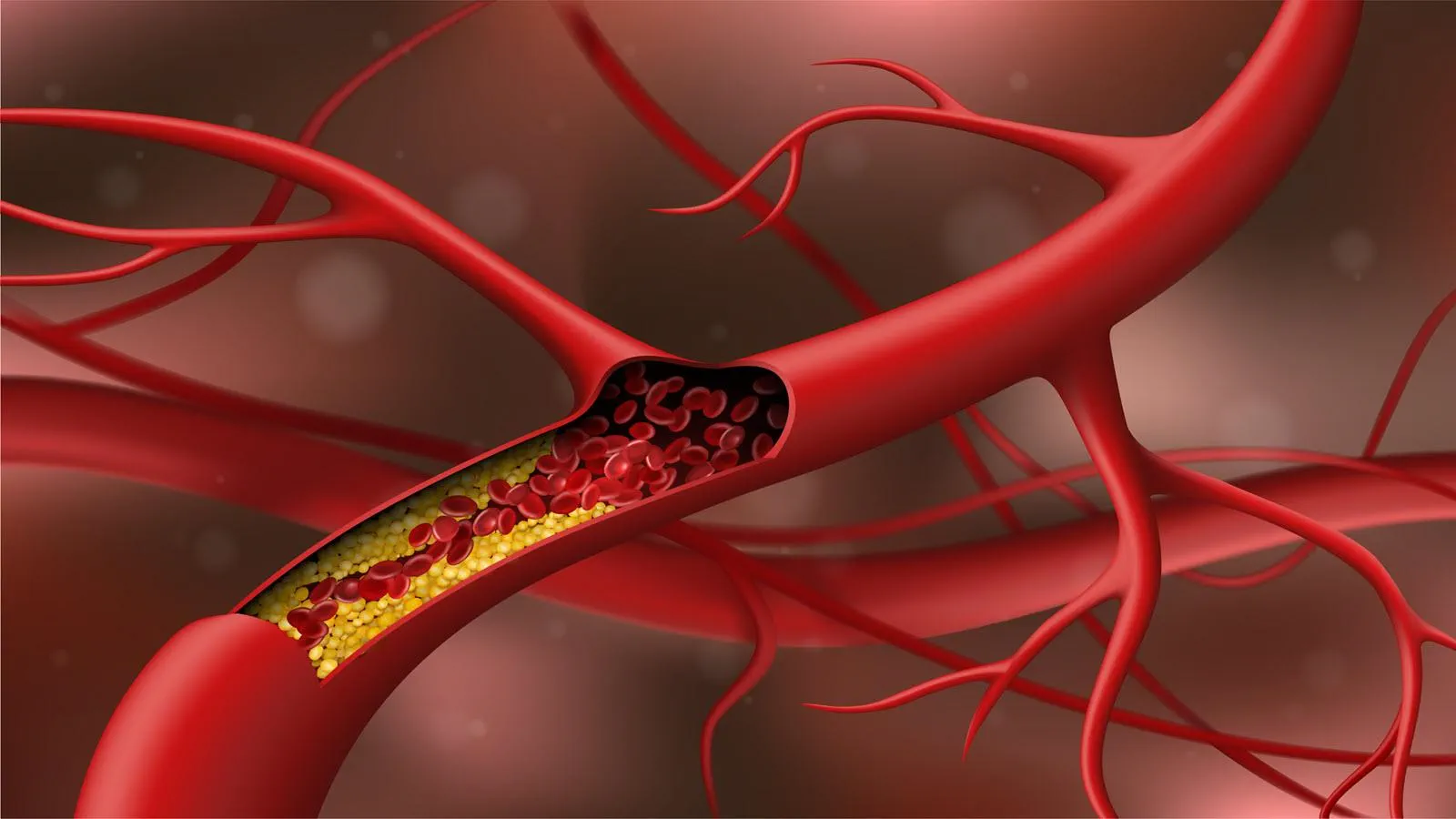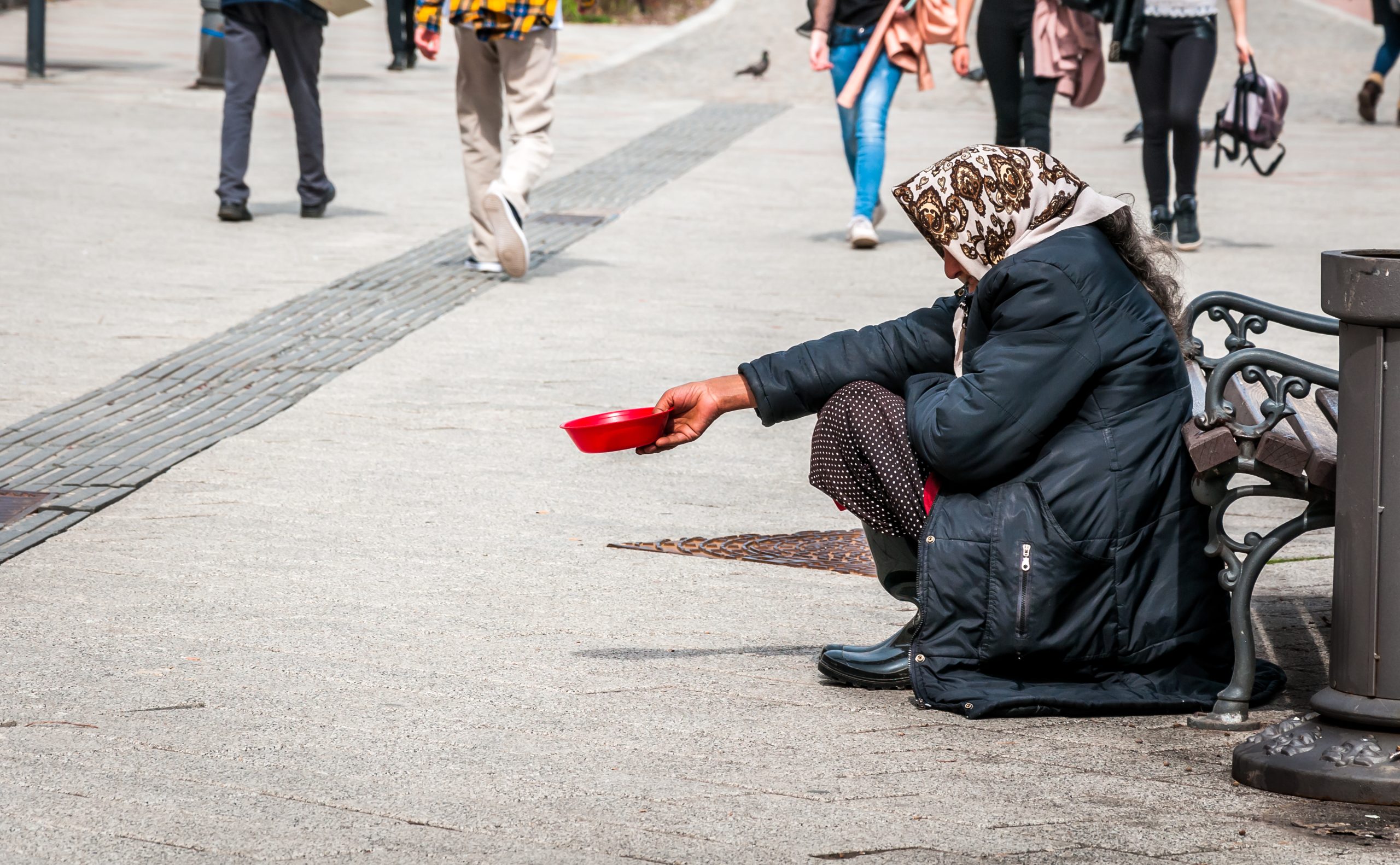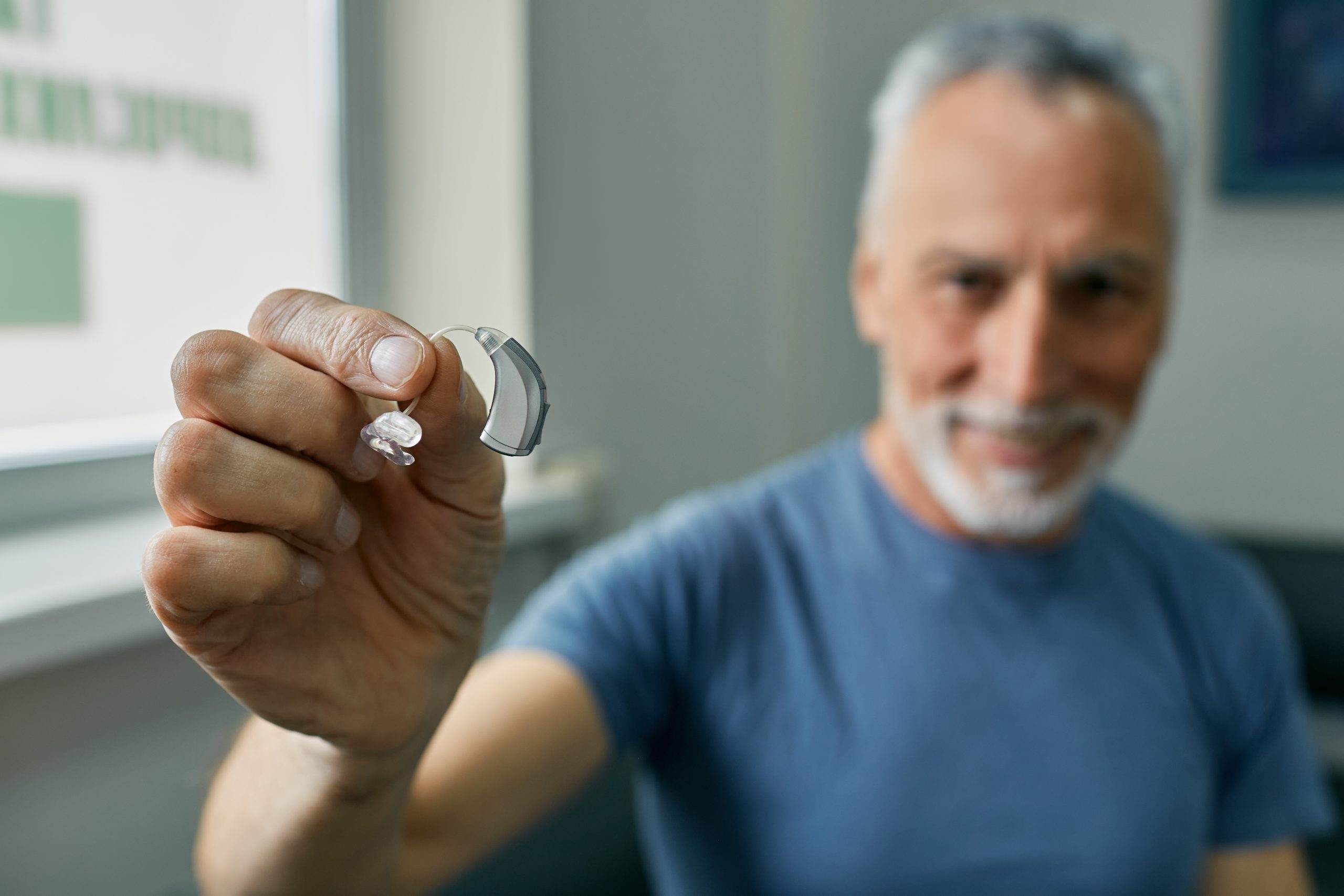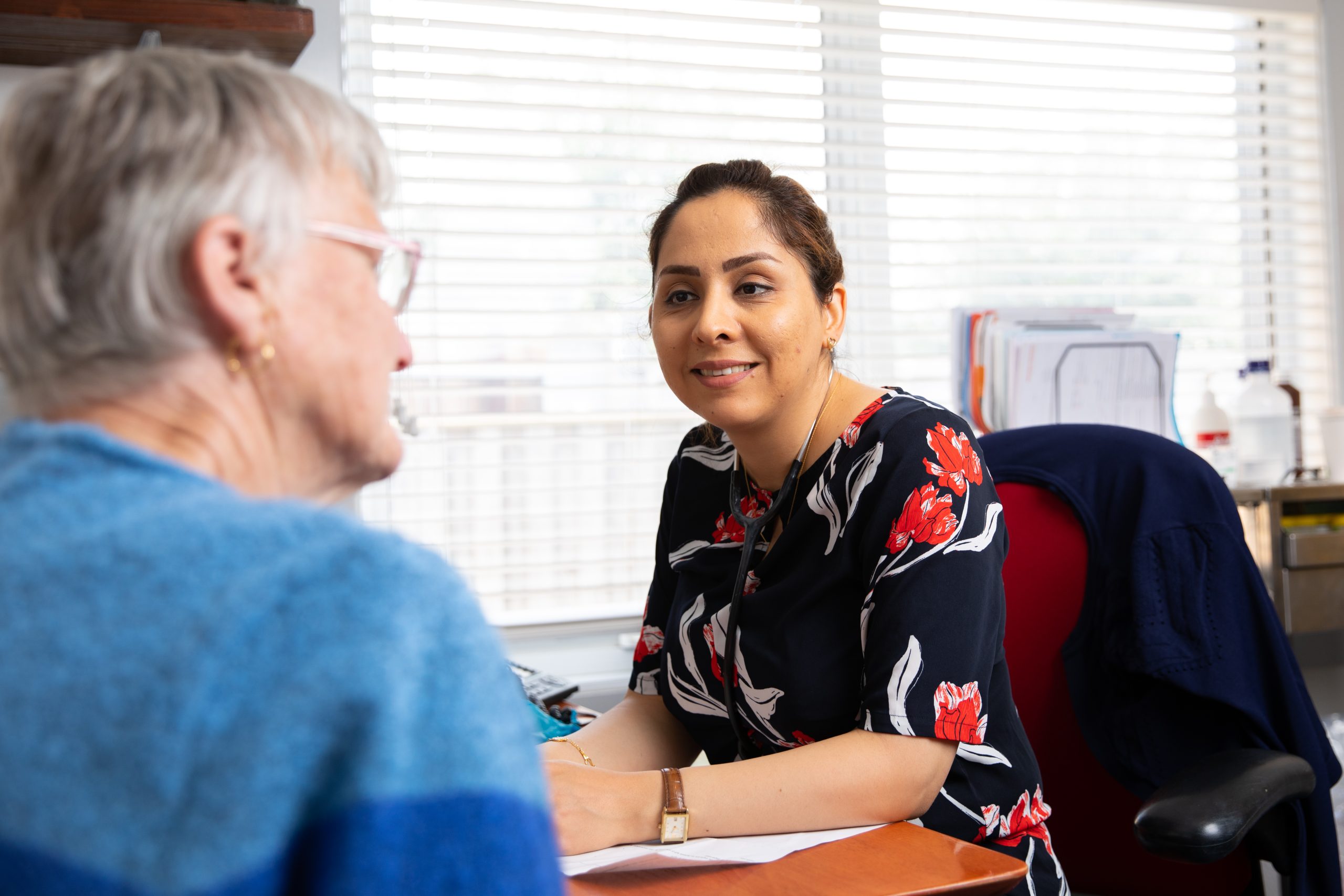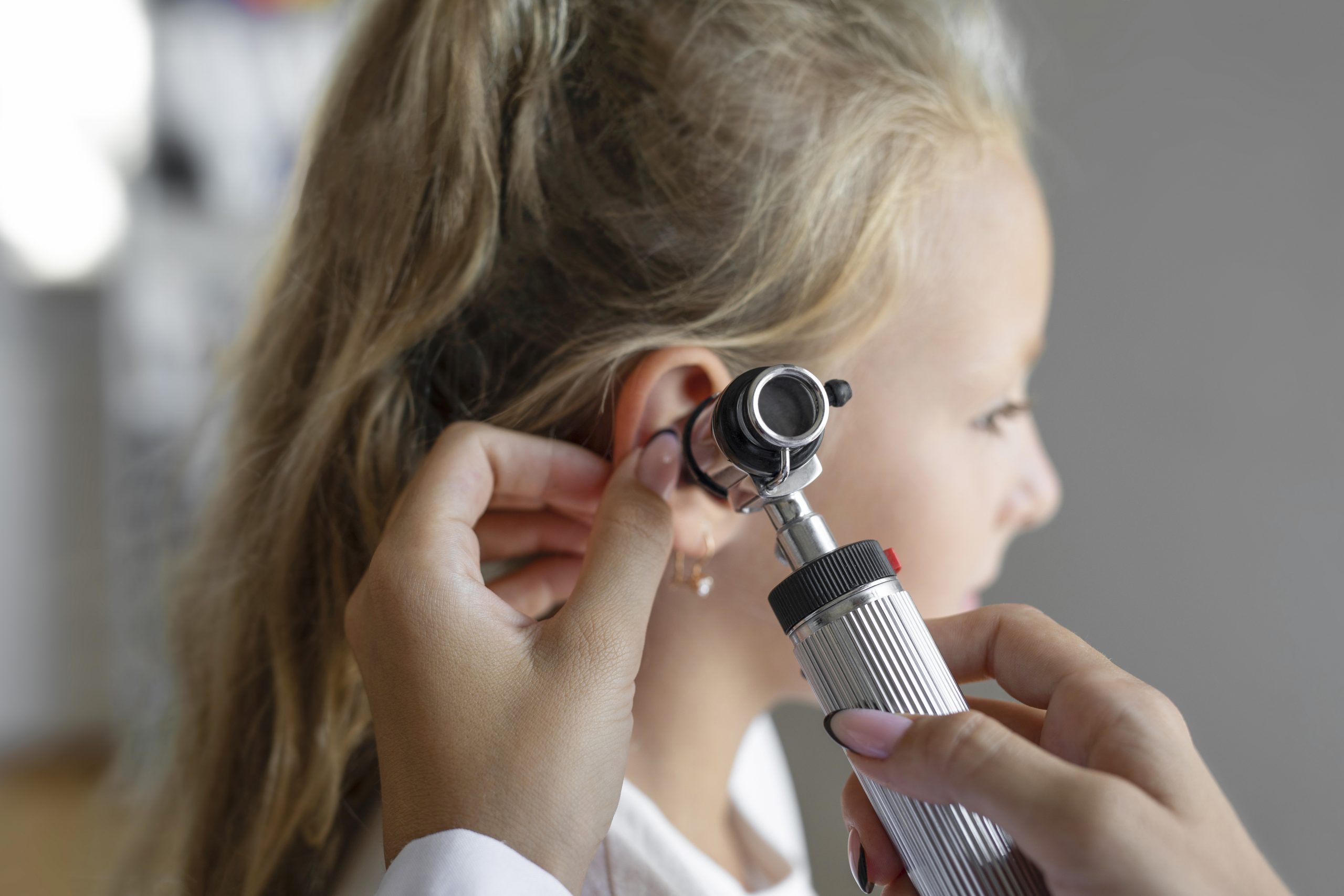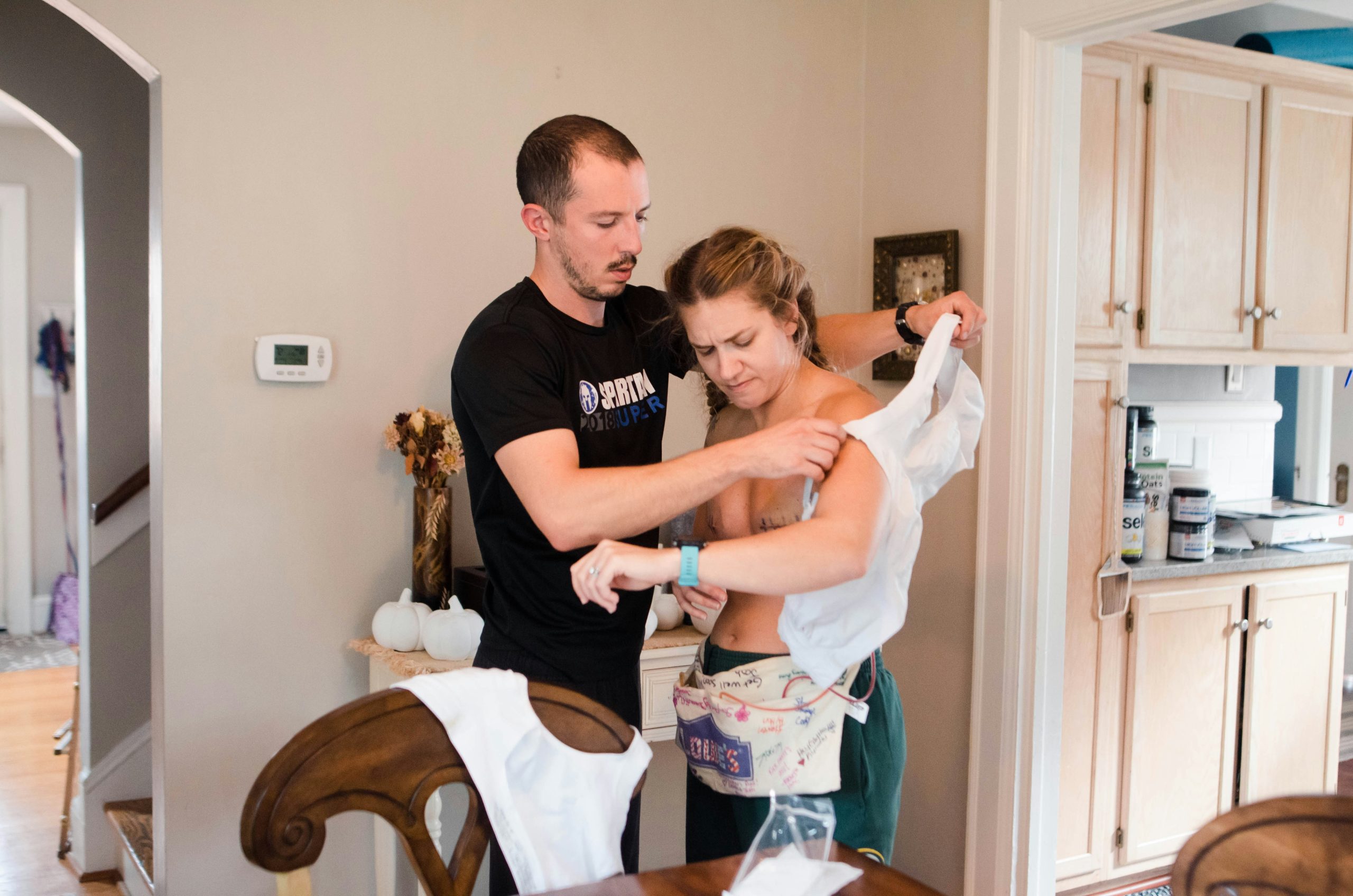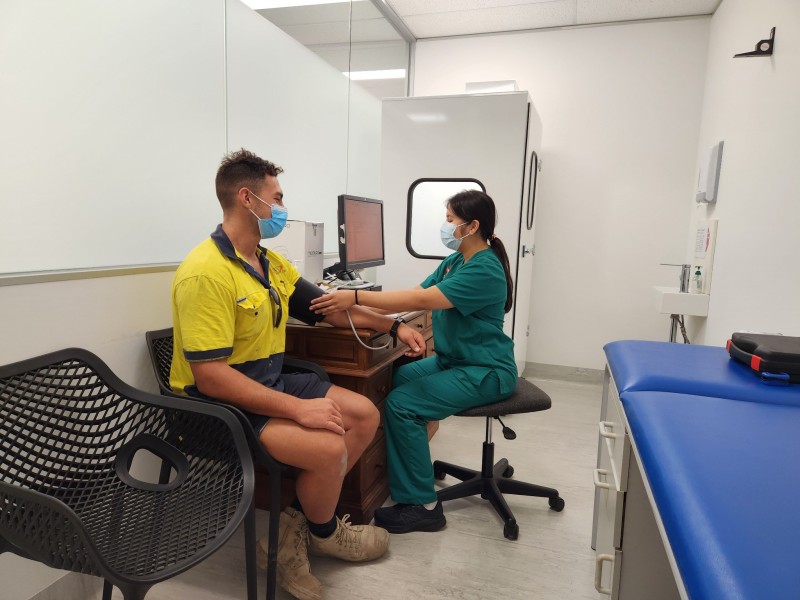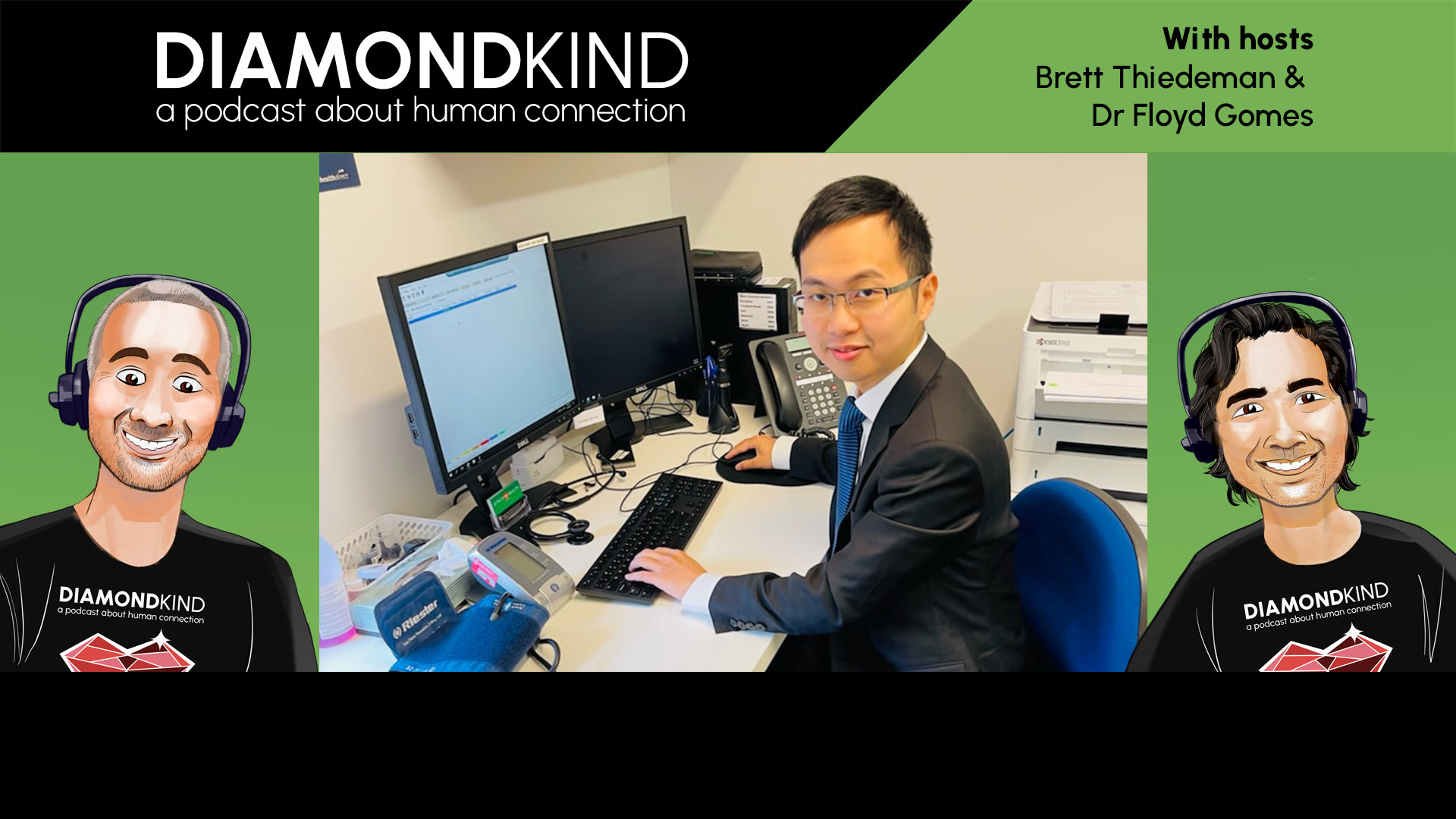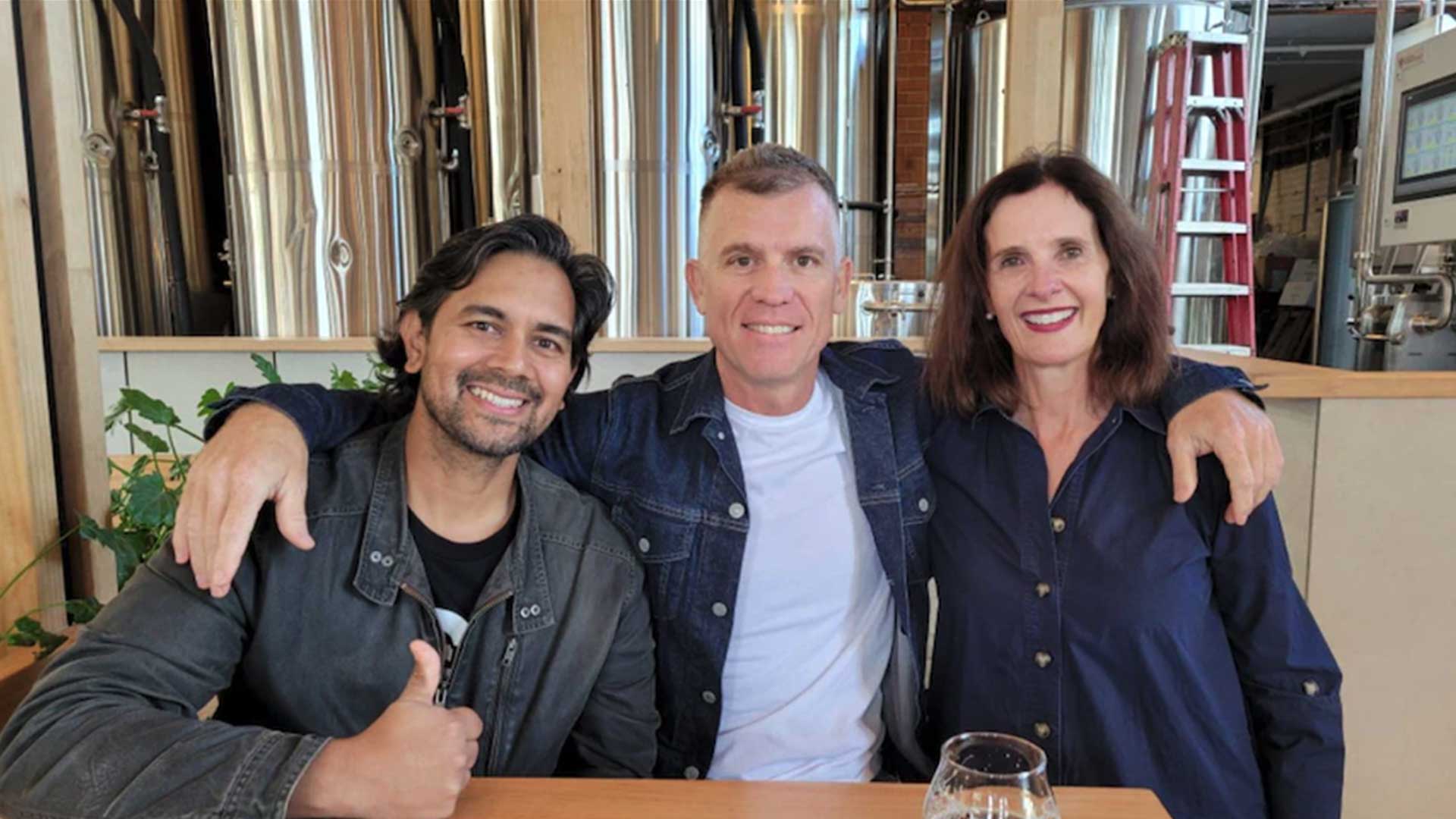Let’s talk about something that might sound scary – cholesterol. But fear not, because knowledge is power, and understanding cholesterol is the first step to keeping your heart healthy and happy.
Imagine your arteries are like highways for blood to travel throughout your body, delivering oxygen and nutrients. Cholesterol, a waxy substance found in your blood, also travels along this highway. It often gets a bad rap, but it’s not all villainous. Your body actually needs cholesterol for healthy cells and even making vitamin D!
Here’s the twist: there are two main types of cholesterol – the good kind (High-Density Lipoprotein, or HDL) and the bad kind (Low-Density Lipoprotein, or LDL).
Imagine HDL as the recycling truck, picking up excess cholesterol and taking it back to the liver for disposal. LDL, on the other hand, is like a lazy delivery guy, dropping off cholesterol everywhere on the highway, which can lead to build-up and clogged arteries. This build-up, called plaque, narrows your arteries and makes it harder for blood to flow freely. Sometimes, those deposits can break suddenly and form a clot that causes a heart attack or stroke.
So, how do you know if your LDL is causing a traffic jam in your arteries? Unfortunately, high cholesterol often has no symptoms. That’s why regular check-ups and blood tests are crucial. We need to find it before it causes trouble. Cholesterol doesn’t have a conscience! It doesn’t care if you’re a fitness fanatic or a champion couch potato. It can be influenced by genetics, but there are changes we can make in our lifestyle to keep the LDL at bay.
So, how do we avoid becoming a cholesterol casualty?
- Diet: Ditch the greasy burgers and fries (sorry, gotta be honest!). Opt for a heart-healthy diet rich in fruits, veggies, whole grains, and healthy fats like those found in fish and avocado.
- Exercise: Exercise helps your body use cholesterol more efficiently. Think brisk walks, dancing to your favourite tunes, or even chasing the kids (if you have the energy!)
- Weight Management: If you’re carrying a few extra pounds, losing even a small amount can significantly improve your cholesterol levels.
- Know your numbers: Get your cholesterol checked regularly, especially if you have a family history of high cholesterol or other risk factors.
Taking these steps can help you keep your cholesterol under control and reduce your risk of heart disease, stroke, and other health problems.
Finally, don’t be afraid to ask questions! Cholesterol doesn’t have to be a mystery. Talk to your doctor or a registered dietitian. Together, we can create a plan to keep your heart healthy and your “highway” free and clear.
